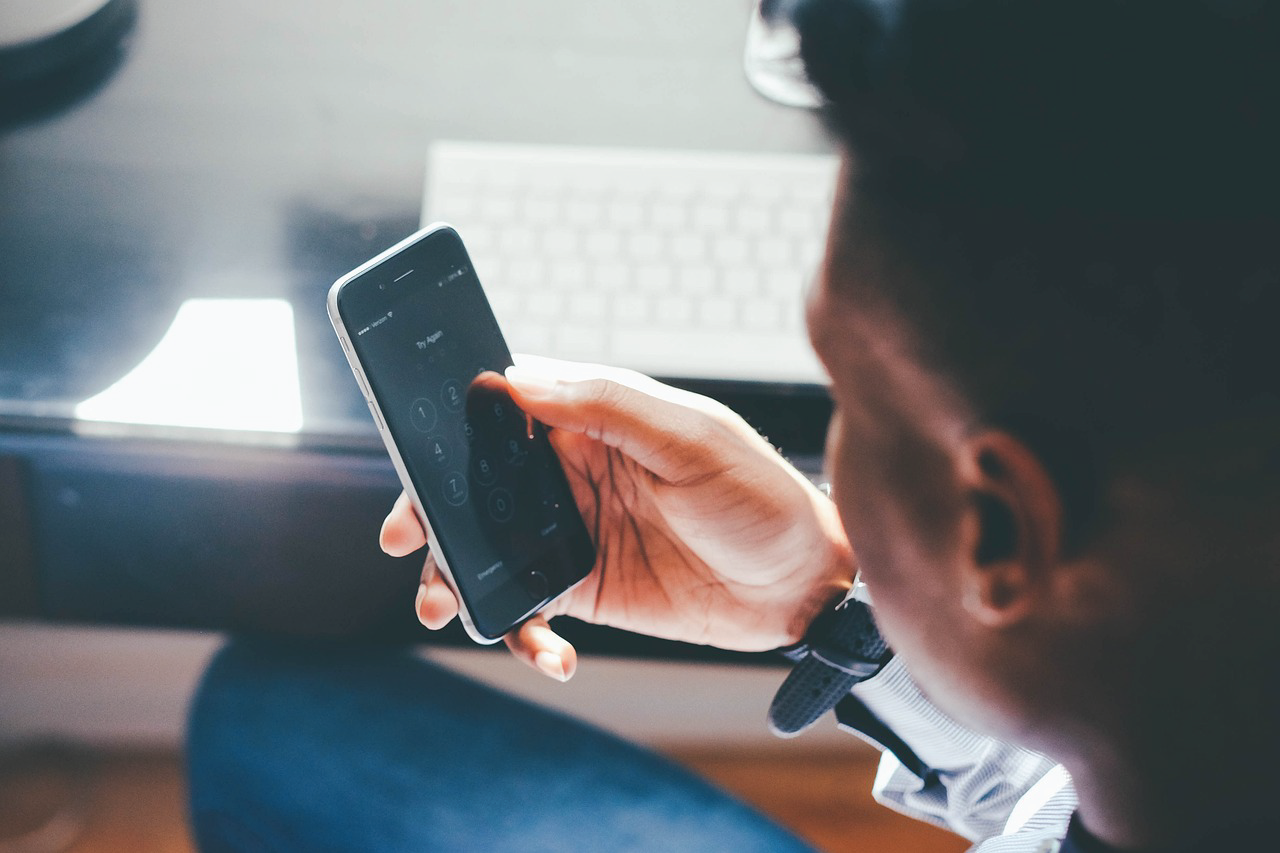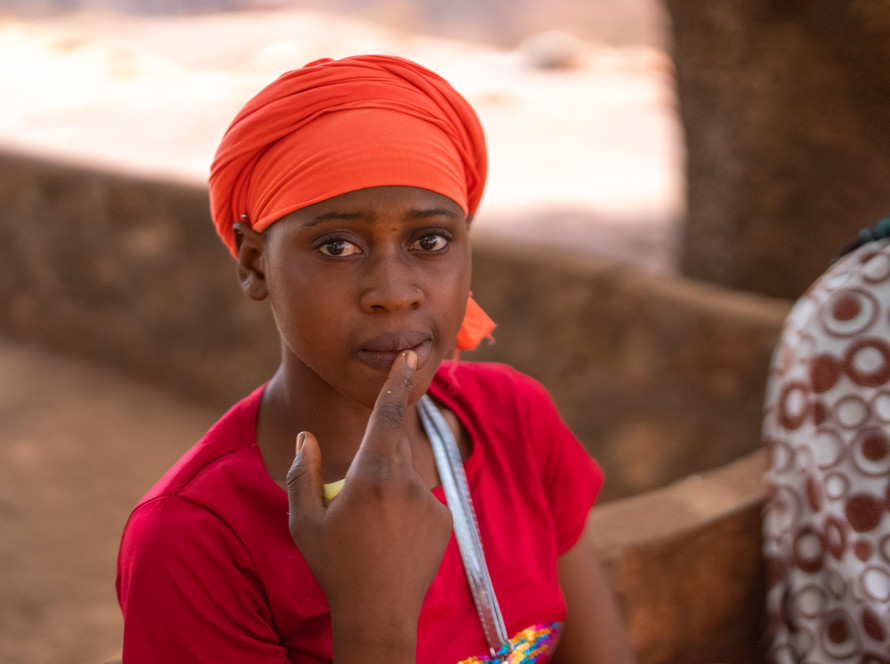Introduction
In the last 15 years, mobile money has emerged as a revolutionary technology, particularly in Africa, where it has the potential to transform health care delivery and access. Mobile money platforms like M-PESA in Kenya have demonstrated significant socio-economic impacts, offering new pathways to improve nutrition, immunization, and overall health in underdeveloped, developing, and low-to-middle-income countries. This article synthesizes recent research findings on how mobile money technology can be harnessed to promote health in Africa, focusing on various health interventions and the outcomes associated with mobile money usage.
Evidence
- Improving Access to Finance for Health Care: Mobile money facilitates safer and quicker financial transactions across wide geographical areas, transforming business operations and access to health care services. Firms using mobile money in Eastern sub-Saharan Africa have shown increased productivity and an enhanced ability to obtain loans, indirectly supporting health care access by improving economic conditions Can Mobile Money Help Firms Mitigate the Problem of Access to Finance in Eastern sub-Saharan Africa?. Journal of African Business, 19, 343 – 360. https://doi.org/10.1080/15228916.2017.1396791.
- Enhancing Community Health Worker Performance: Mobile Health (mHealth) initiatives leverage mobile technology to support community health workers, delivering educational materials, clinical updates, and reminders. This approach has shown promise in improving the performance of health care workers in rural areas, leading to better health care delivery and patient outcomes Källander, K., Tibenderana, J., Akpogheneta, O., Strachan, D., Hill, Z., Asbroek, A., Conteh, L., Kirkwood, B., & Meek, S. (2013). Mobile Health (mHealth) Approaches and Lessons for Increased Performance and Retention of Community Health Workers in Low- and Middle-Income Countries: A Review. Journal of Medical Internet Research, 15. https://doi.org/10.2196/jmir.2130.
- Supporting Maternal and Newborn Health: mHealth programs have been implemented to facilitate access to prenatal and neonatal health services, demonstrating positive outcomes. However, challenges remain in policy infrastructure and sustainable adoption of these services Tamrat, T., & Kachnowski, S. (2012). Special Delivery: An Analysis of mHealth in Maternal and Newborn Health Programs and Their Outcomes Around the World. Maternal and Child Health Journal, 16, 1092-1101. https://doi.org/10.1007/s10995-011-0836-3.
- Facilitating Emergency Medical Responses: The adoption of mobile money and mHealth has enabled quick emergency responses and improved health care service delivery, especially in remote areas. Innovative mHealth applications for community health workers have emerged, including mobile phones as job aides and clinical decision support tools Solanas, A., Patsakis, C., Conti, M., Vlachos, I., Ramos, V., Falcone, F., Postolache, O., Pérez-Martínez, P., Pietro, R., Perrea, D., & Martínez-Ballesté, A. (2014). Smart health: A context-aware health paradigm within smart cities. IEEE Communications Magazine, 52, 74-81. https://doi.org/10.1109/MCOM.2014.6871673.
- Improving Nutrition Education and Behavior: Mobile applications for nutrition education and behavior have been developed, though their effectiveness and comprehensive evaluation remain areas for further research. These apps have the potential to address nutrition-specific needs and improve health outcomes. Hingle, M., & Patrick, H. (2016). There Are Thousands of Apps for That: Navigating Mobile Technology for Nutrition Education and Behavior.. Journal of nutrition education and behavior, 48 3, 213-8.e1. https://doi.org/10.1016/j.jneb.2015.12.009.
- Addressing Non-Communicable Diseases (NCDs): Mobile money can support health care for chronic conditions through mobile monitoring and patient management applications. These tools offer new opportunities for prevention and management of NCDs, although the integration into health care systems and evidence of clinical outcomes need to be strengthened (Smith & Magnani, 2019) Smith, B., & Magnani, J. (2019). New technologies, new disparities: The intersection of electronic health and digital health literacy.. International journal of cardiology. https://doi.org/10.1016/j.ijcard.2019.05.066.
Conclusion
Mobile money technology offers a unique opportunity to enhance health care delivery and access in Africa. By supporting financial transactions, improving health worker performance, enabling access to maternal and newborn health services, facilitating emergency responses, promoting nutrition education, and managing chronic diseases, mobile money and mHealth initiatives can significantly contribute to health improvement in underdeveloped and developing regions. Continued research, policy support, and innovative applications are essential to fully realize the potential of mobile money in health care.




